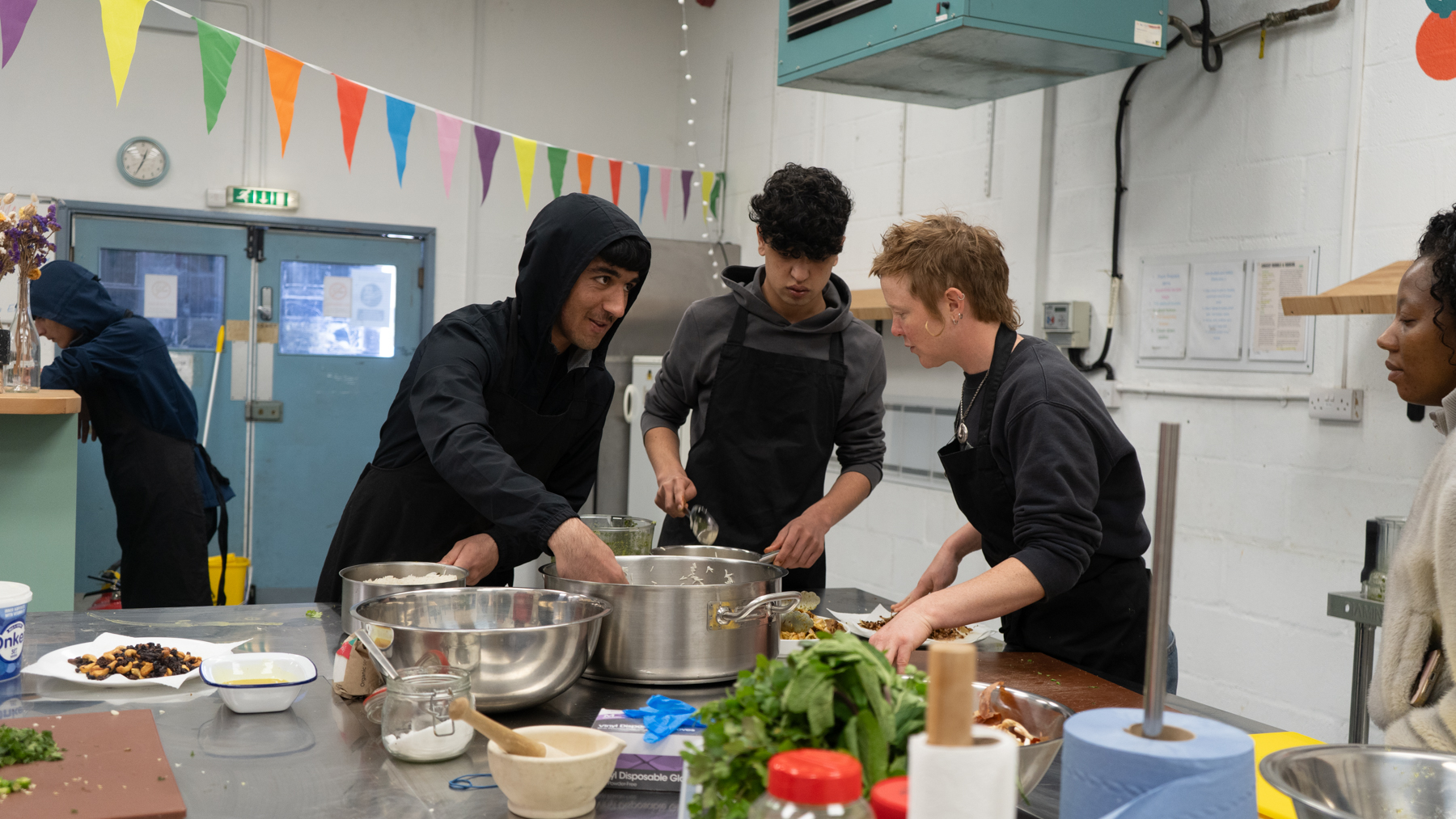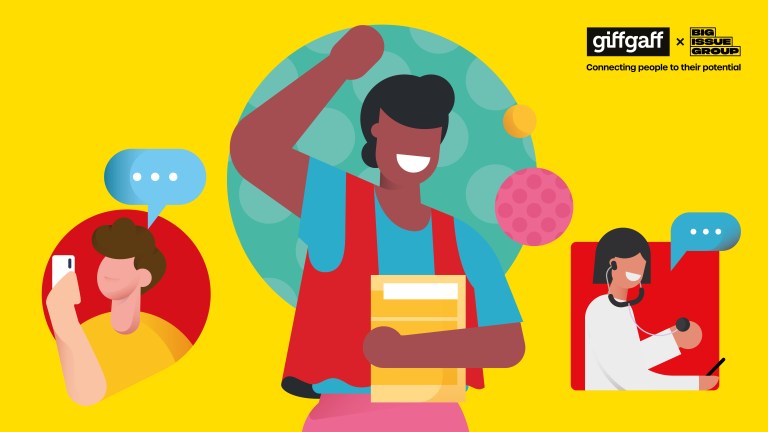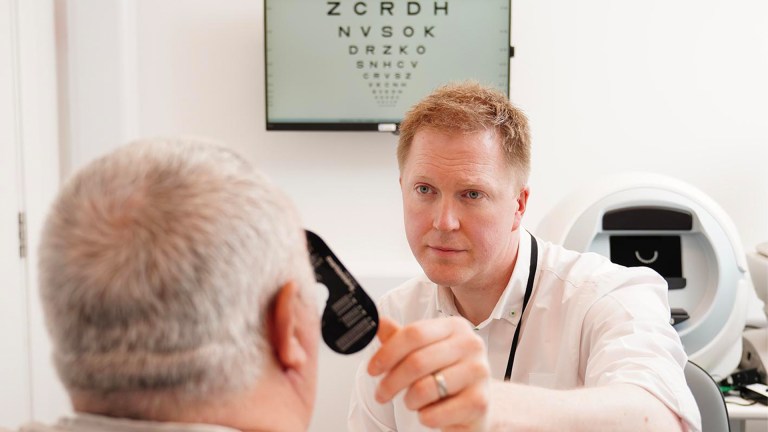World Hunger Day is always a reflective time for me – a chance to pause and consider what hunger really looks like here in the UK, and what it means for the young people we support at The MAZI Project. We are a Bristol-based charity with a mission to eliminate food poverty for 16- 25-year-olds. For small charities like ours, the food and health crisis isn’t a distant problem – it’s unfolding every day in homes, in kitchens, food banks, community centres and in the growing strain on our NHS. And it’s only getting worse.
Surge in demand, collapse in support
In recent years, the need for food support has soared (just in 2025, over 7.3 million people were affected by food insecurity in the UK alone), driven by a volatile political climate, a broken food system, welfare cuts, and the erosion of local services. All of this is driving more people to small charities like us, and we are at risk of burnout. Right now, we have more than 30 young people on our waiting list – and it’s heartbreaking knowing we can’t help them, simply because we don’t have the capacity or resources.
Food inequality and a broken system
In a country facing rising obesity rates and an NHS under pressure, MAZI is more than just meals – it’s about nourishment, dignity and community. Through our meal kits, community dinners and cooking lessons we aim to promote healthier eating habits and emotional wellbeing.
But small charities like ours are often misunderstood. People think we are council-funded institutions or part of a larger system. The truth? We’re a team of two with a network of incredible volunteers we hugely rely on. We’re not backed by big infrastructure, just passion, hard work and a relentless commitment to feed and uplift our young people. But we’re at breaking point.
Burnout behind the mission
Running MAZI has taken a heavy toll. I’ve led the charity for four years and in the past year I’ve experienced severe burnout – stress rashes, insomnia and emotional breakdowns. There have been months when I’ve cried most weeks, juggling endless funding worries with 12-hour days. I’m not alone. According to the recently published Fair Collective report, more than 85% of UK charity leaders report struggling with their mental health.
The constant grind of grant applications, fundraising and proving impact is a full-time job on its own, so sometimes I ask myself: how long can we keep going like this?





